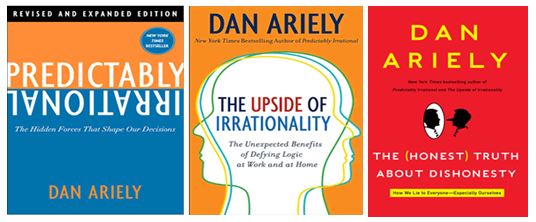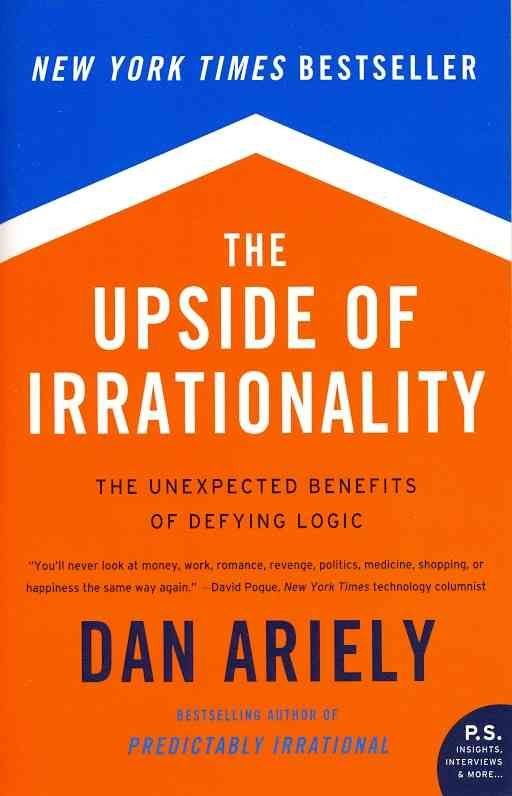

Sloan Professor of Behavioral Economics at MIT Sloan School of Management.ĭan Ariely grew up in Israel after birth in New York. He also holds an appointment at the MIT Media Lab where he is the head of the eRationality research group. Duke Professor of Behavioral Economics at Duke University.

Fascinating, engaging, funny, and essential, Dollars and Sense provides the practical tools we need to understand and improve our financial choices, save and spend smarter, and ultimately live better.ĭan Ariely is the James B. The result not only reveals the rationale behind our most head-scratching financial choices but also offers clear guidance for navigating the treacherous financial landscape of the brain. Mixing case studies and anecdotes with concrete advice and lessons, they cut through the unconscious fears and desires driving our worst financial instincts and teach us how to improve our money habits. Together Ariely and Kreisler reveal the emotional forces working against us and how we can counteract them. In doing so, they undermine many of personal finance’s most sacred beliefs and explain how we can override some of our own instincts to make better financial choices.Įxploring a wide range of everyday topics-from the lure of pain-free spending with credit cards to the pitfalls of household budgeting to the seductive power of holiday sales-Ariely and Kreisler demonstrate how our misplaced confidence in our spending habits frequently leads us astray, costing us more than we realize, whether it’s the real value of the time we spend driving forty-five minutes to save $10 or our inability to properly assess what the things we buy are actually worth. In Dollars and Sense, bestselling author and behavioral economist Dan Ariely teams up with financial comedian and writer Jeff Kreisler to challenge many of our most basic assumptions about the precarious relationship between our brains and our money.


Emotions play a powerful role in shaping our financial behavior, often making us our own worst enemies as we try to save, access value, and spend responsibly. We think of money as numbers, values, and amounts, but when it comes down to it, when we actually use our money, we engage our hearts more than our heads. Why is paying for things painful? Why are we comfortable overpaying for something in the present just because we’ve overpaid for it in the past? Why is it easy to pay $4 for a soda on vacation, when we wouldn’t spend more than $1 on that same soda at our local grocery store?


 0 kommentar(er)
0 kommentar(er)
